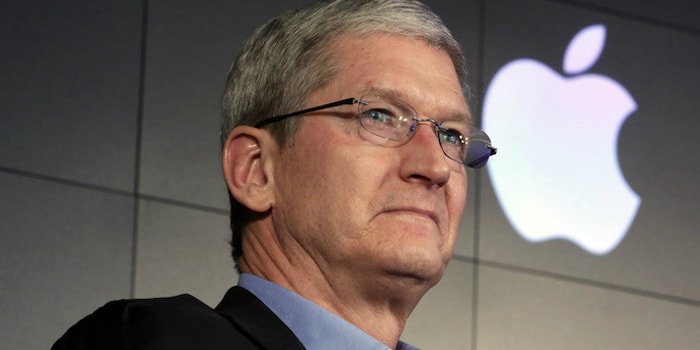Last night’s Congress hearing turned out to be a ruthless probe in the workings of 4 of the biggest companies in the world. While Apple’s CEO Tim Cook managed to provide satisfactory answers to some questions, the company’s App Store became the scapegoat, which was questioned for not just its commission structure but also for suppressing competition.
Tim Cook started his testimony by saying that the gate for the App store is very wide and welcoming, and the platform has grown to support 1.7 million apps, up from just 500 about a decade ago. Cook states that most of the developers are allowed to post their apps for free and take 100% of the money they generate, the company charges some commission (15-30%) under certain circumstances.
The rules of the commission structure state that developers are charged 30% of their app’s entire earnings if it is a platform for selling digital goods or services. Moreover, this figure drops to 15% in year two for subscription apps. However, Congress questioned if Cook’s statements actually translated into real life examples
Cook also mentioned that 84% apps on the App Store don’t owe anything to the company.
However, the subcommittee argues that these rules have been flexed on multiple accounts, especially with the Amazon Prime Video app. An email exchange between Apple SVP Eddy Cue and Amazon CEO Jeff Bezos dating back to 2016 (just before Prime Video’s tvOS launch in 2017) shows that Apple agreed to a 15% commission for users that signed up in the app using Apple’s payment mechanism straight away, instead of the usual 30% that downgrades to 15% in year two.
On being asked, “What’s stopping Apple from raising its commission to saw, 50%?” Cook stated that the company has not altered the terms from day one. However, when the question was reiterated, Cook agreed that there are no laws that stop Apple from raising the commissions. Moreover, an email discussion posted by the Twitter handle of House Judiciary Dems shows an email discussion where Apple talked about doing exactly that.
Documents from the Hearing on “Online Platforms and Market Power: Examining the Dominance of Amazon, Apple, Facebook and Google” pic.twitter.com/42o2Ye13jI
— House Judiciary Dems (@HouseJudiciary) July 29, 2020
That was not the extent of the scrutiny that was imparted over the company. Apple was also accused of suppressing competition, with the explicit mention of a single instance-When Apple launched the app ‘Screen Time’. The app, which was the company’s own screen time solution was announced with the launch of iOS 12. However, as soon as the app hit the App Store, several popular 3rd party apps suddenly saw their updates cancelled, or in some instances, complete removal.
Apple made the case that the apps were banned due to the technological tools they employed, namely use of background location, VPNs, and MDM-based solutions, which put the safety of kids at risk.
“The technology that was being used at that time was called MDM, and it had the ability to sort of take over the kid’s screen, and a third party could could see it,” Cook said. “So we were worried about their safety.”
However, a Congresswoman argued that the timing seems a little coincidental, and if privacy concerns were at the heart of this ban, why did Apple allow many of these apps to come back on the Store 6 months later, without any major privacy changes?
“Six month is truly an eternity for small businesses to be shut down. Even worse, if all the while a larger competitor is actually taking away customers,” she said.
